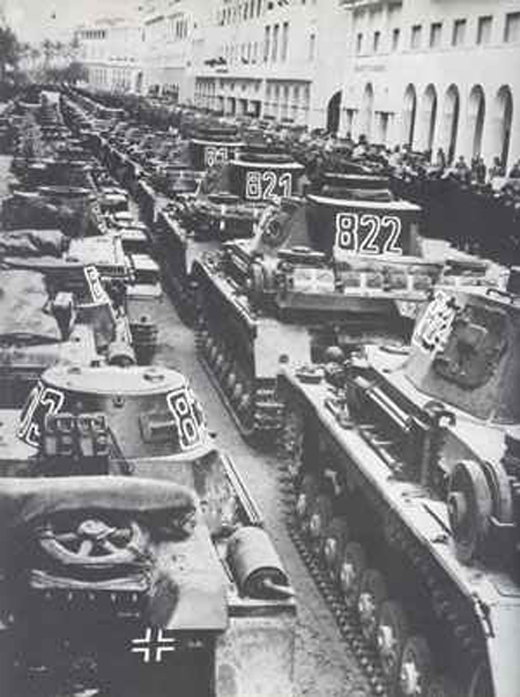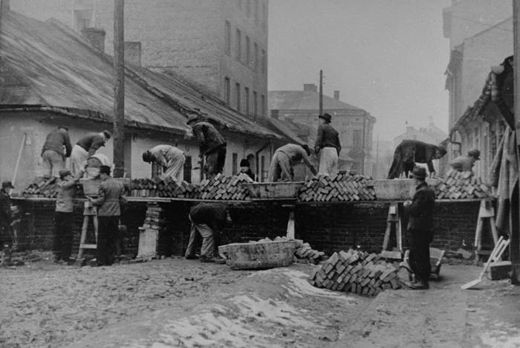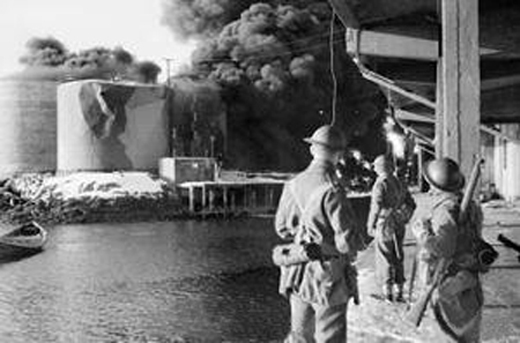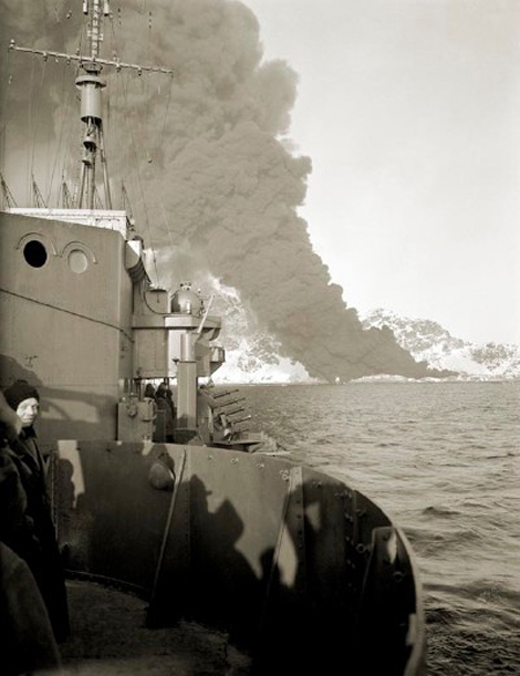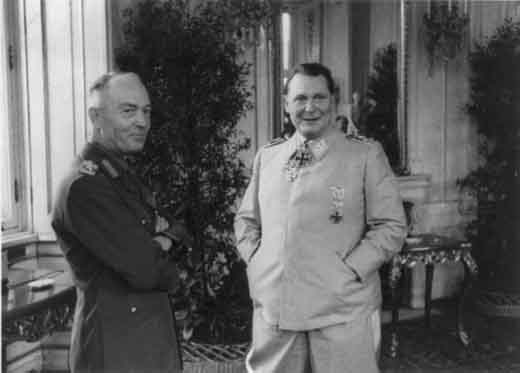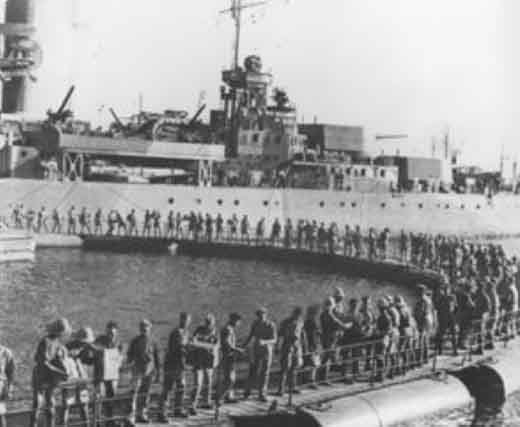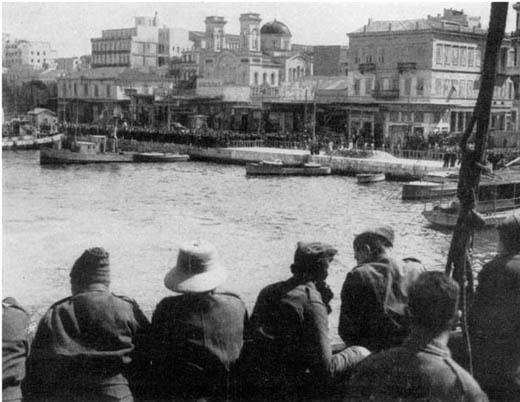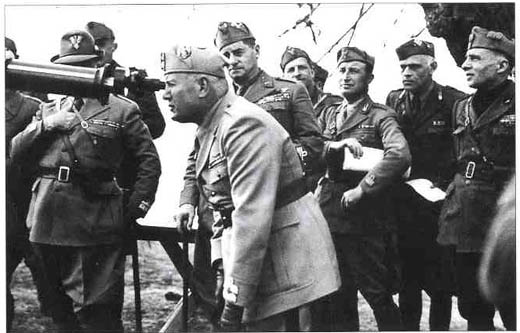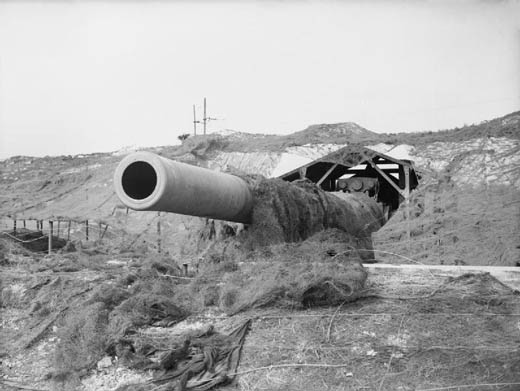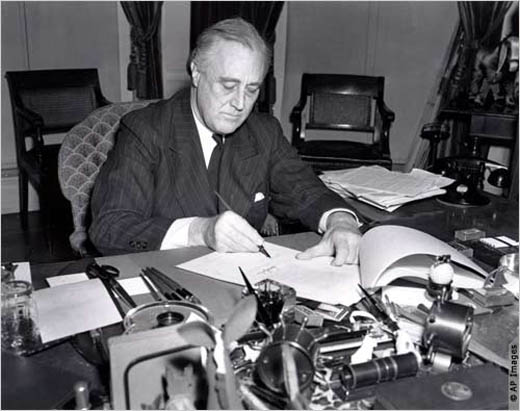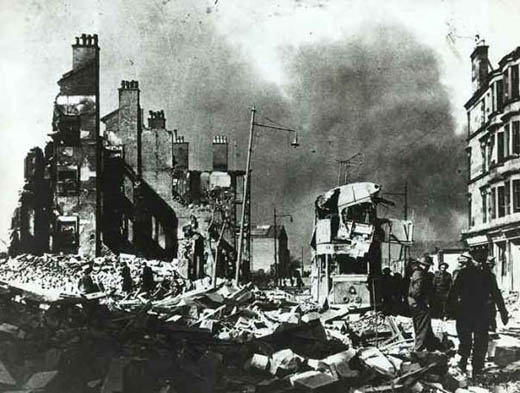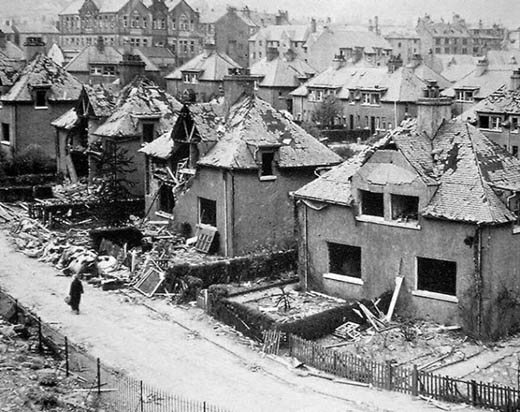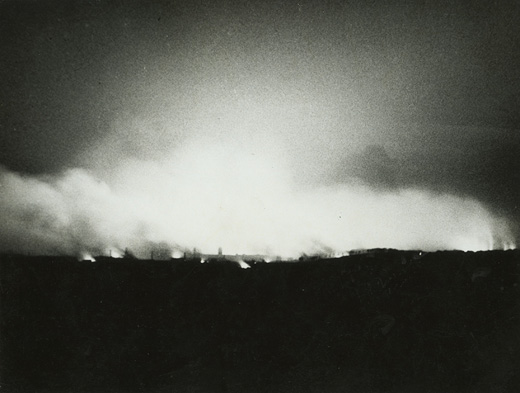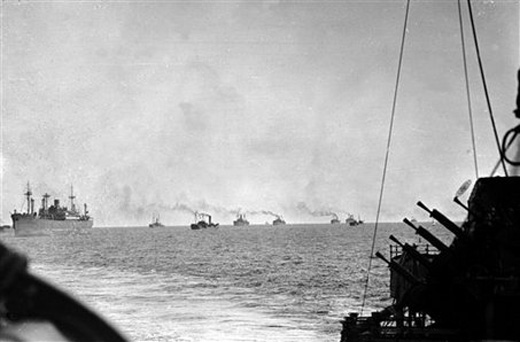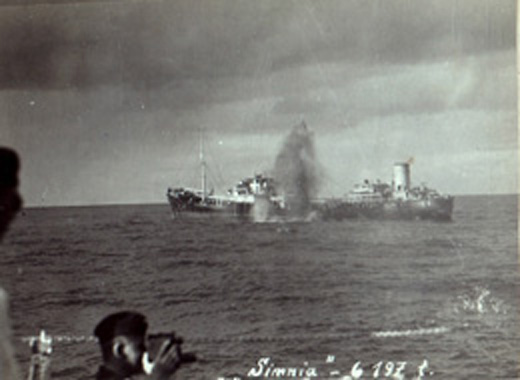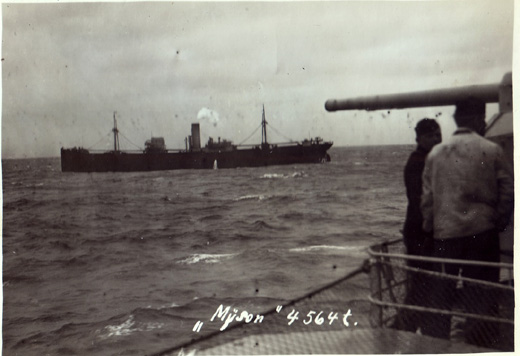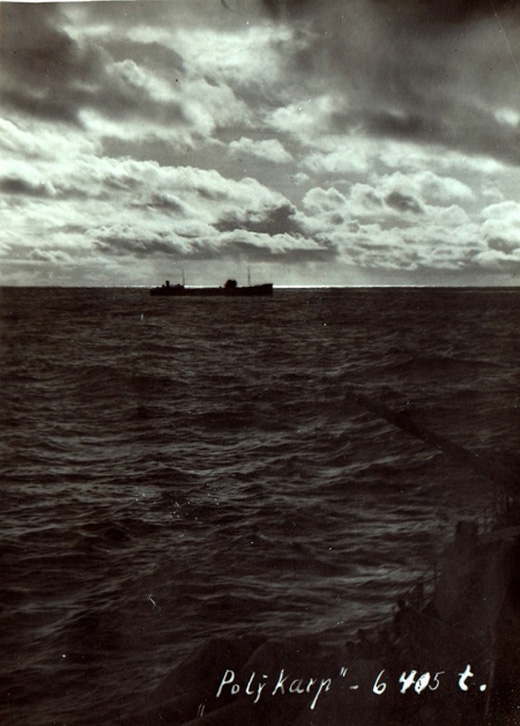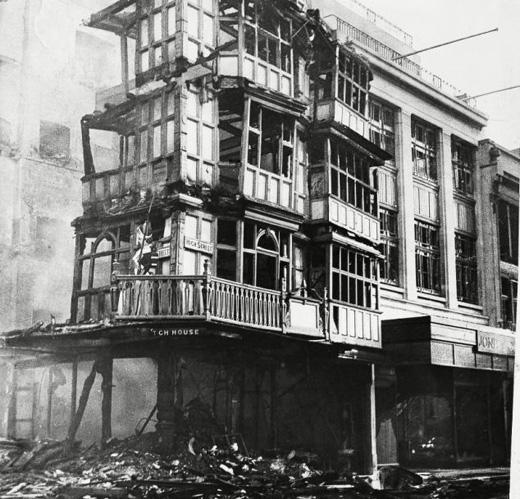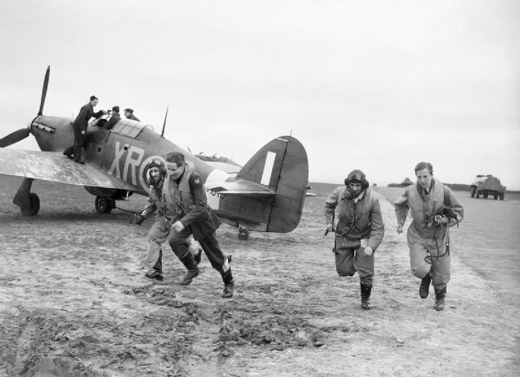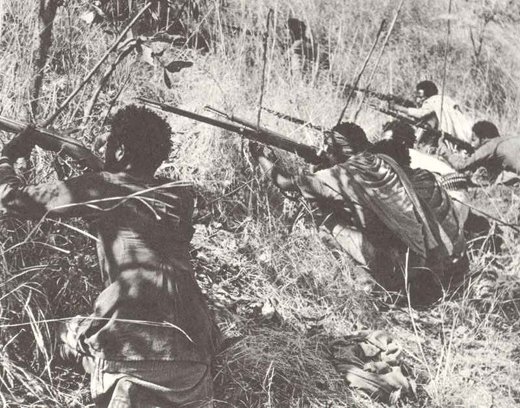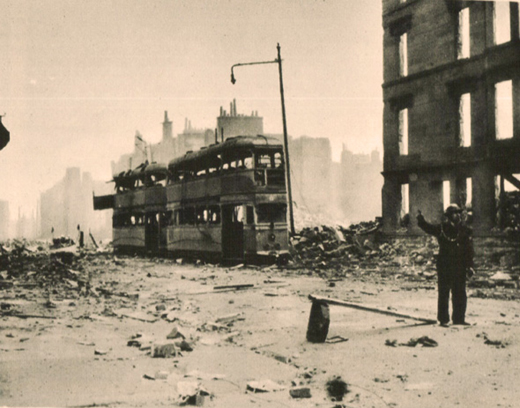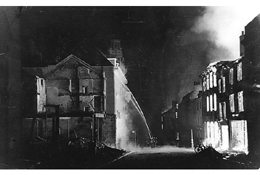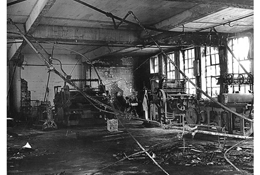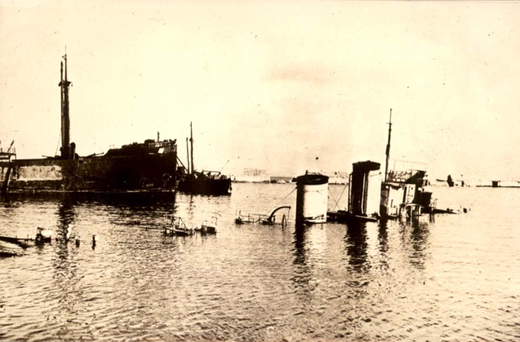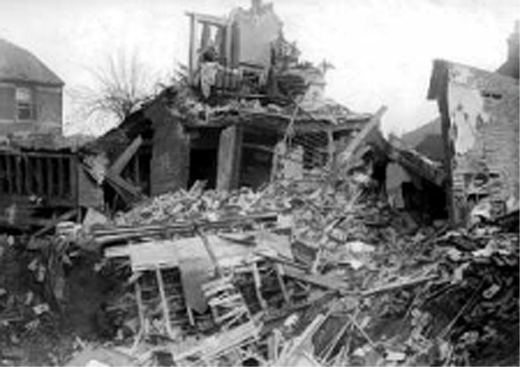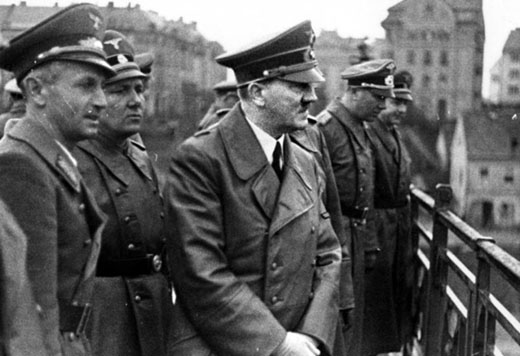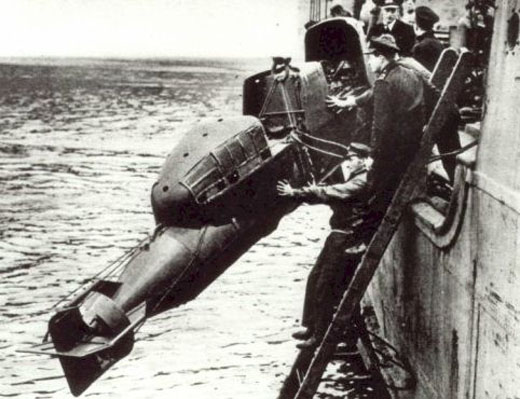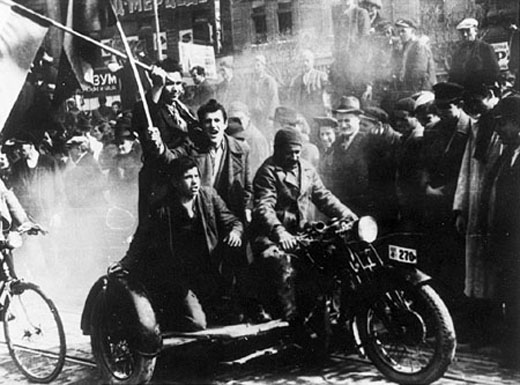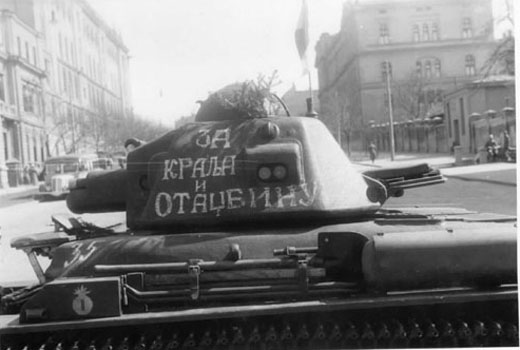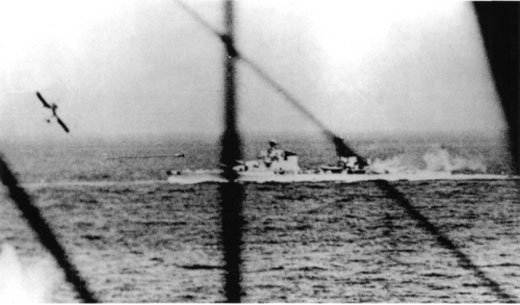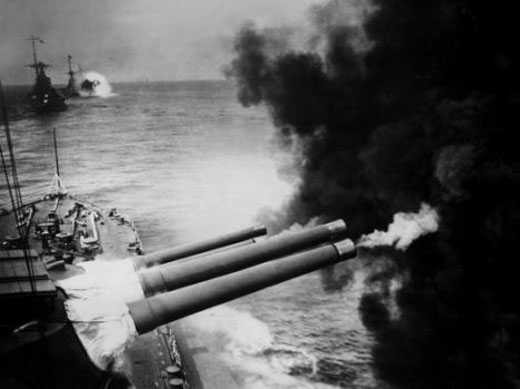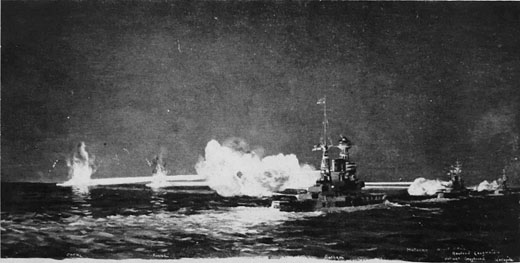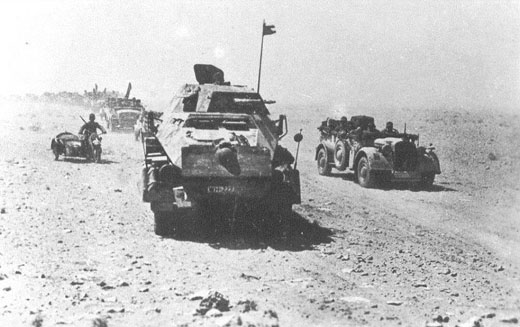Air Operations, Europe
During the night 100 R.A.F. bombers raid Cologne.
[Balkans, Politics
Prime Minister Bogdan Filov brings Bulgaria into the Tripartite Pact. There is great concern in Yugoslavia since that country is now virtually surrounded by the Axis powers.
Bulgaria Joins the Axis |
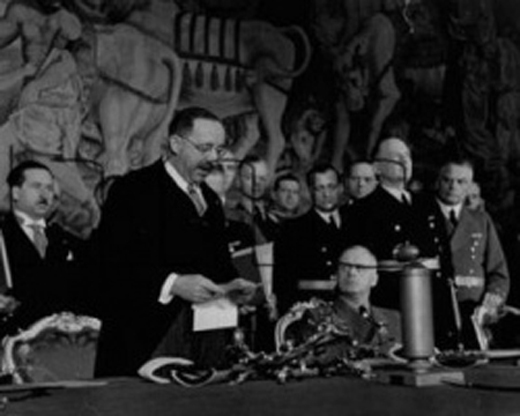 |
Battle of the Atlantic
U-552 sinks the British tanker Cadillac (12,062t) from Convoy HX-109 150 miles north-northeast of Rockall with the loss of 38 of her crew. 4 survivors are picked up by the British destroyer Malcolm.
[China
Chiang Kai-shek tells the opening meeting of the Peoples Political Council that China will never reach a compromise with Japan. He also says any Japanese advance into the South Seas will further menace China.
[Diplomatic Relations
Bulgaria signs the Tripartite Pact. The government of the country, including the German-speaking King Boris, had been worried that if Bulgaria joined the pack Soviet troops would invade. Having already profited from German friendship by being given southern Dobruja from Rumania, in the coming weeks Bulgaria will gain Greek Thrace, Yugoslav Macedonia and part of Serbia in return for allowing German troops to use Bulgarian territory as a jumping-off point for the invasion of Greece.
[Greece, Home Front
An earthquake hits Larissa leaving 10,000 people homeless.
[Italian East Africa
The carrier Formidable attacks Massawa for a third time.
[North Africa
The Kufra Oasis, an Italian air base and garrison in southeast Libya, is taken by a Free French force from Chad. Col Jacques-Philippe Leclerc is in command. The French force has received some help from units of the British Long Range Desert Group.
[Occupied Holland
German authorities fine the city of Amsterdam 15 million guilders for popular anti-German demonstrations.
[United States, Preparations
The US Navy forms a Support Force for the Atlantic Fleet under the command of Rear-Adm A. L. Bristol. The main part of this unit is made up from 3 destroyer squadrons of 27 ships. Patrol plane squadrons are also included. This force is established to protect convoys in the North Atlantic.
[